Travelling as a queer person comes with its own set of challenges, no matter your destination. And travelling to the African continent is no different. Sadly, African countries are often overlooked when considering travel destinations for members of the LGBTQ+ community. While many countries in Africa have laws against same-sex marriage and the LGBTQ+ community, there are a few that are safe and welcoming.
With Pride Month underway, let’s explore some of Africa’s top destinations for LGBTQ+ travellers!
1. South Africa: Big Five Safaris
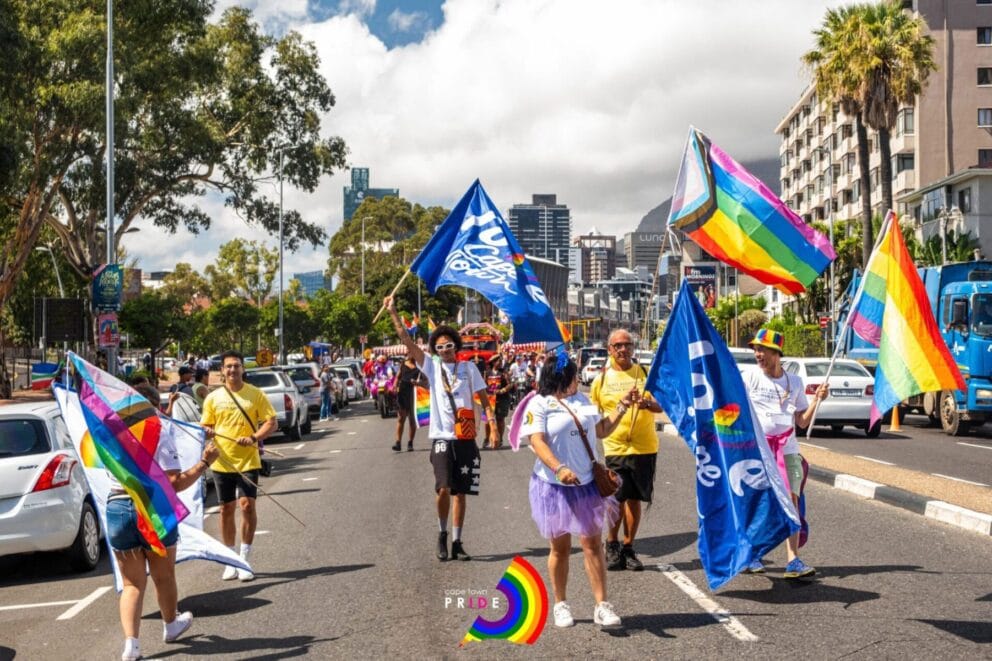
South Africa stands out as a beacon for LGBTQ+ rights in Africa by being the first (and only) African country to recognise same-sex marriages. It was also the fifth country in the world to do so. Additionally, the South African Constitution explicitly prohibits discrimination based on sexual orientation. Major cities including Cape Town and Johannesburg have well-established queer communities.
The iconic Kruger National Park is a flagship attraction for Big Five safaris and offers an unmatched wildlife experience. Other areas, such as Sabi Sands and the Timbavati Private Nature Reserve, are also home to the Big Five (lions, leopards, elephants, rhinos, and buffaloes) as well as luxury safari lodges.
Outside of the bush, Cape Town is particularly welcoming to queer travellers, having earned its place as Africa’s “Gay Capital”. South Africa’s oldest city is an electric mix of modern vibrance and deep history framed by the endless blue of the Atlantic Ocean and the fynbos-lined slopes of the Cape Fold Mountains. It’s also dotted with numerous opulent accommodations, further making it perfect for a luxury holiday.
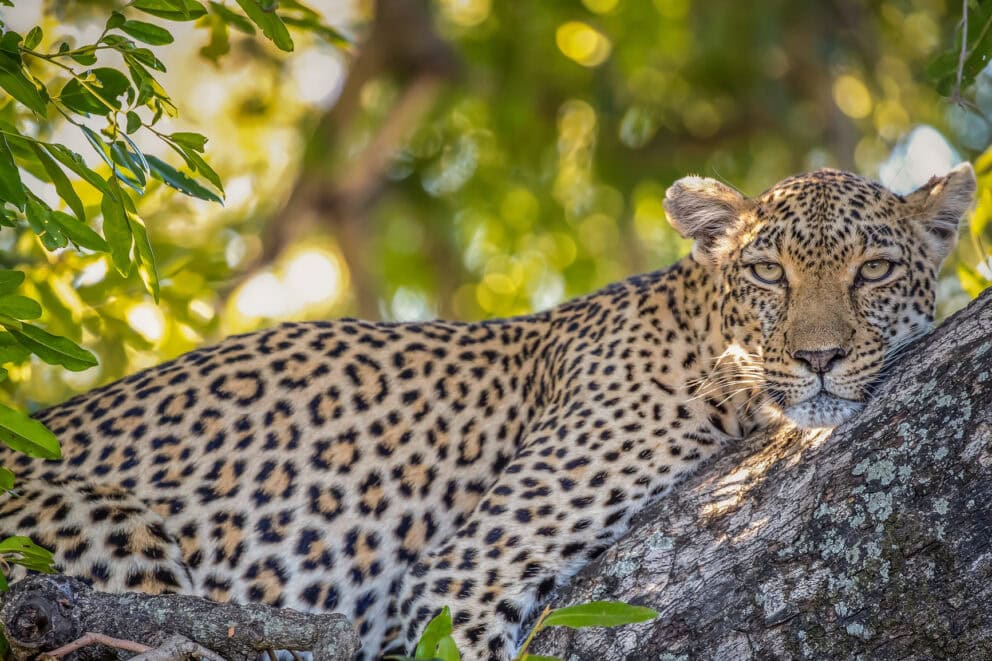
While on holiday in Cape Town, you may even be able to experience Cape Town Pride, hosted annually between February and March. Overall, South Africa’s notable progress in LGBTQ+ rights and acceptance has positioned it as the most welcoming destination for queer travellers in Africa.
Many safari destinations and lodges also pride themselves on creating a welcoming and inclusive environment for their guests. It’s important to be aware that traditional and conservative attitudes towards the LGBTQ+ community still persist across many parts of South Africa. With these realities in mind, we recommend being mindful of local customs and showing respect for cultural differences. Open displays of affection might be more comfortable in urban settings than in certain rural areas.
Discover Africa is a member of the International LGBTQ+ Travel Association (IGLTA), and we frequently provide travellers with LGBTQ+-friendly accommodations and services. A combination of Cape Town and a safari in Kruger, Sabi Sands, or Timbavati would be a safe, wonderful experience for LGBTQ travellers.
2. Botswana: Water and Land Adventures
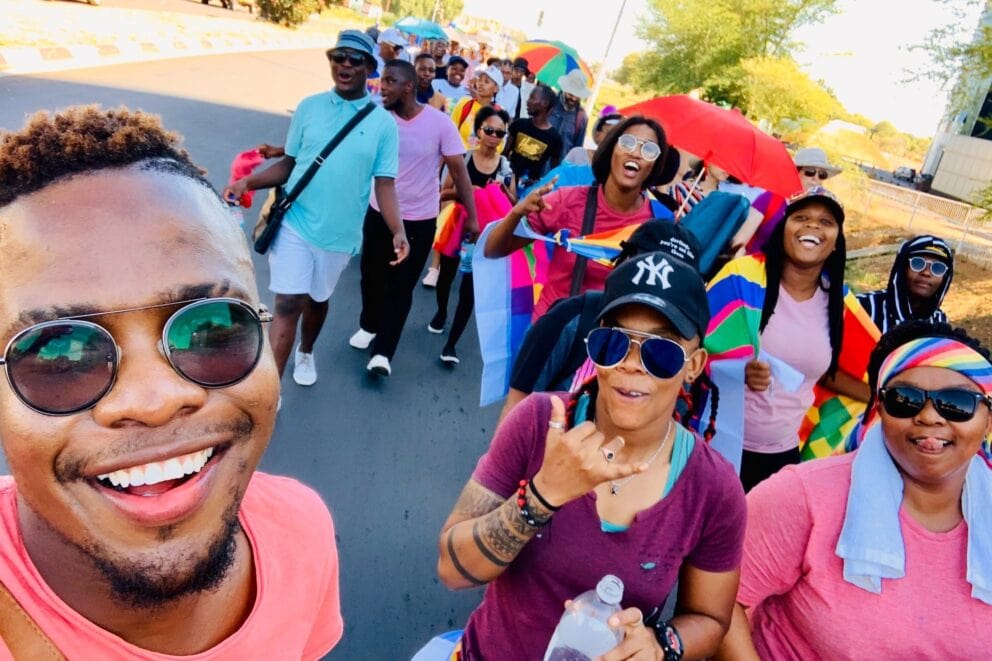
Botswana stands out as one of Africa’s most stunning destinations, renowned for its landscapes and abundance of diverse wildlife. While on a Botswana safari, take to the waters of the Okavango Delta in a traditional mokoro and go on game drives through the bush. The Moremi Game Reserve, Linyanti Wildlife Reserve, and Chobe National Park provide a variety of ecosystems to explore, with many accommodations being exceptionally welcoming to queer travellers.
Botswana has recently made strides towards LGBTQ+ rights by decriminalising same-sex relationships in 2019, making it one of the few African nations to do so and setting it apart as a promising destination for queer travellers. Additionally, in 2014, Botswana’s first gay rights group Lesbians, Gays, and Bisexuals of Botswana (LEGABIBO), finally won legal recognition. Since then, Botswana has consistently ruled in favour of LGBTQ+ rights in the country.
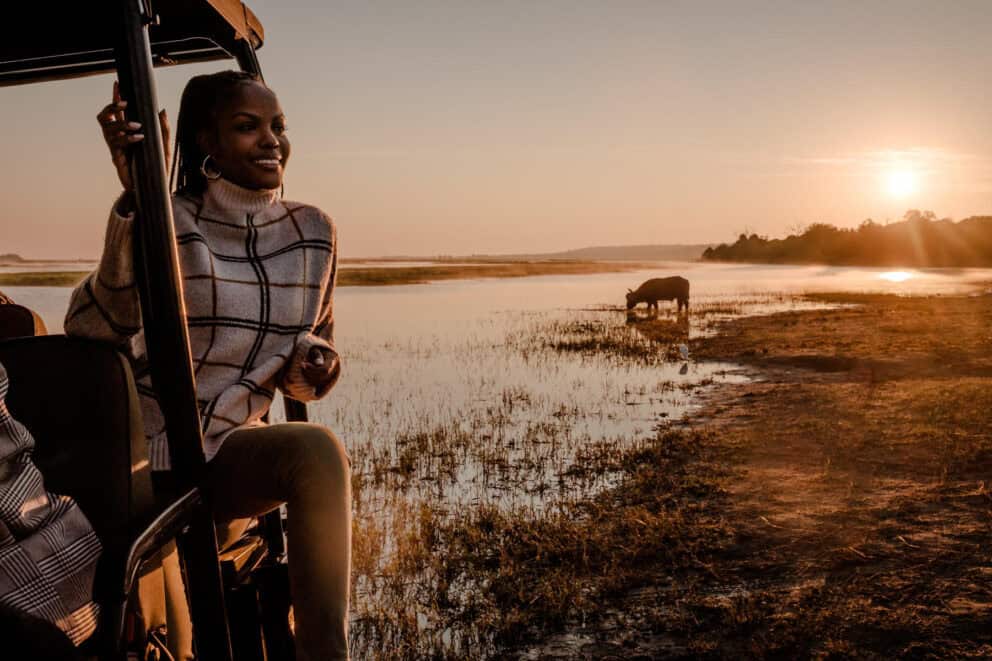
With that said, it’s still advisable for LGBTQ+ travellers to exercise caution, especially in rural areas where conservative attitudes may persist. As with all the destinations on this list, urban areas tend to be more welcoming to LGBTQ+ travellers.
In Botswana, public displays of affection or overtly sexual behaviour between individuals – whether heterosexual or LGBTQ+ – are strongly frowned upon.
When planning a safari in Botswana, choosing the best accommodations that are welcoming and inclusive is essential. Our team can recommend several lodges and camps that align with your preferences and ensure a comfortable stay.
3. Mozambique: Safari and Beach Holidays

Mozambique is one of Africa’s most desirable and LGBTQ+-friendly destinations. While here, you’ll find a range of queer-friendly hotels, with many of them belonging to IGLTA. It offers a great combination of safari and beach holidays, allowing you to experience its diverse wildlife and stunning coastlines. For the ultimate luxury safari, combine game drives in Gorongosa National Park with a relaxing stay on the sandy-white beaches of the Bazaruto Archipelago.
In 2007, Mozambique’s government put in place legislation to protect the LGBTQ+ community from discrimination in the workplace, making it one of the few African nations to do so. In 2015, same-sex relationships were decriminalised by removing colonial-era laws that condemned “vices against nature”, which were inherited from colonial power, Portugal.
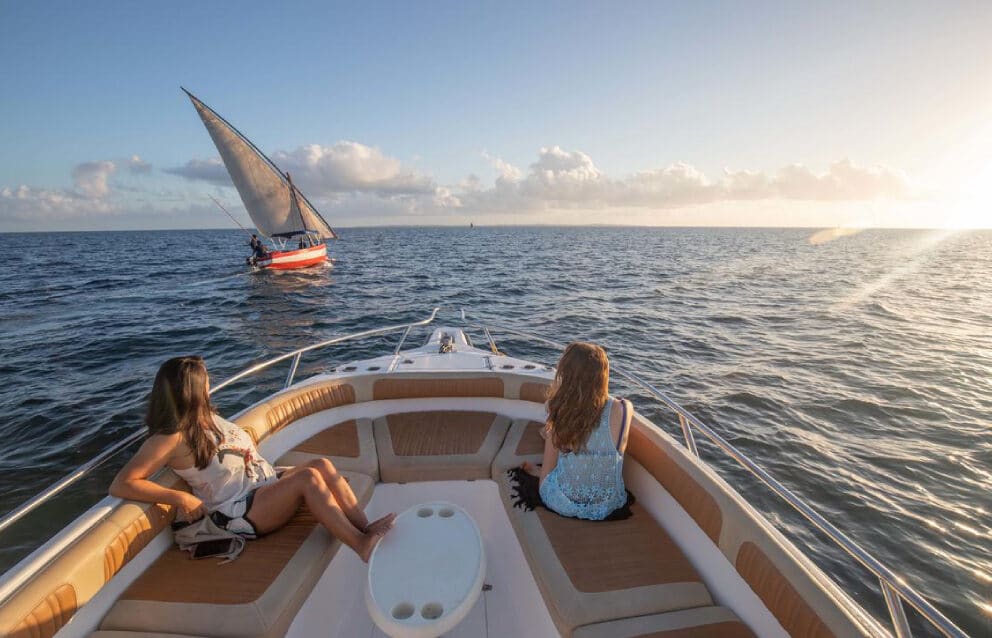
However, despite the progress in legislation, prejudice still exists against the queer community, with conservative attitudes remaining in traditional and rural communities where queer individuals may encounter cultural and social resistance. This type of prejudice is considered less common in cosmopolitan areas such as Maputo. As with most African destinations, overt sexual behaviour or displays of affection – whether heterosexual or LGBTQ+ – are frowned upon.
As with all destinations where LGBTQ+ rights are still evolving, discretion is advised in public areas, specifically outside of tourist hotspots.
4. Namibia: Surreal Desert Safaris
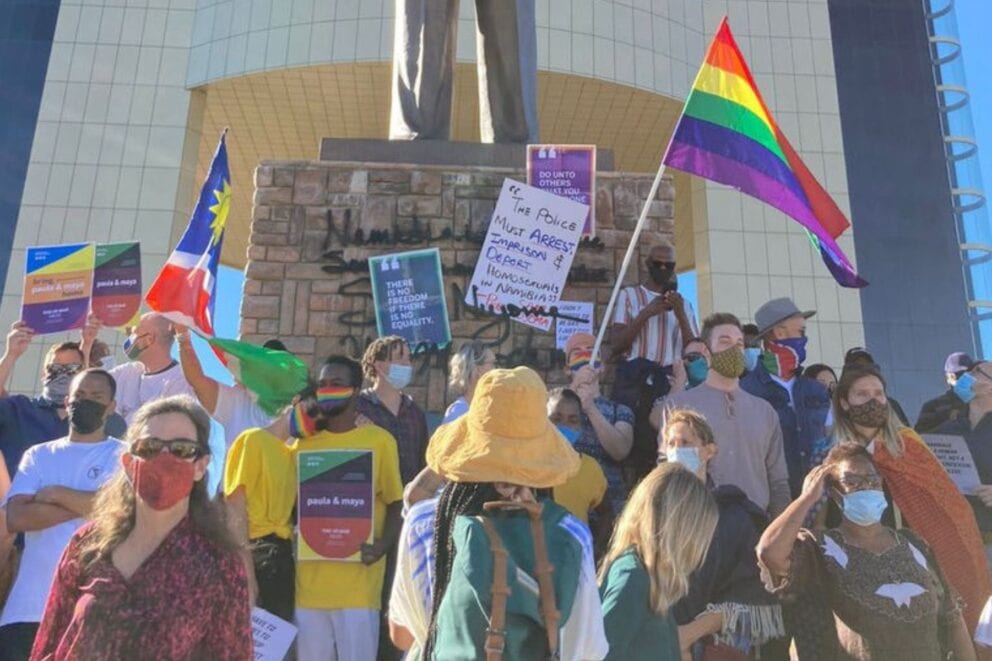
With its dreamlike desert landscapes and towering red dunes, Namibia is a much sought-after safari destination. Namibia has become a more LGBTQ+-friendly travel destination in Africa as a result of the expansion of LGBTQ+ rights in the country.
While the country’s colonial-era sodomy laws were decriminalised in June 2024, in October of the same year, Namibia enacted the Marriage Act 2024, which explicitly defines marriage as a union between a man and a woman, thereby excluding same-sex couples and nullifying the recognition of same-sex marriages performed abroad. This legislation also criminalises marriage officers who officiate same-sex unions, imposing penalties of up to four years in prison.
However, despite same-sex marriage still being outlawed, a 2019-2021 study by the Afrobarometer network has ranked Namibia as the third most tolerant-of-homosexuality country in Africa, after Cabo Verde and South Africa.
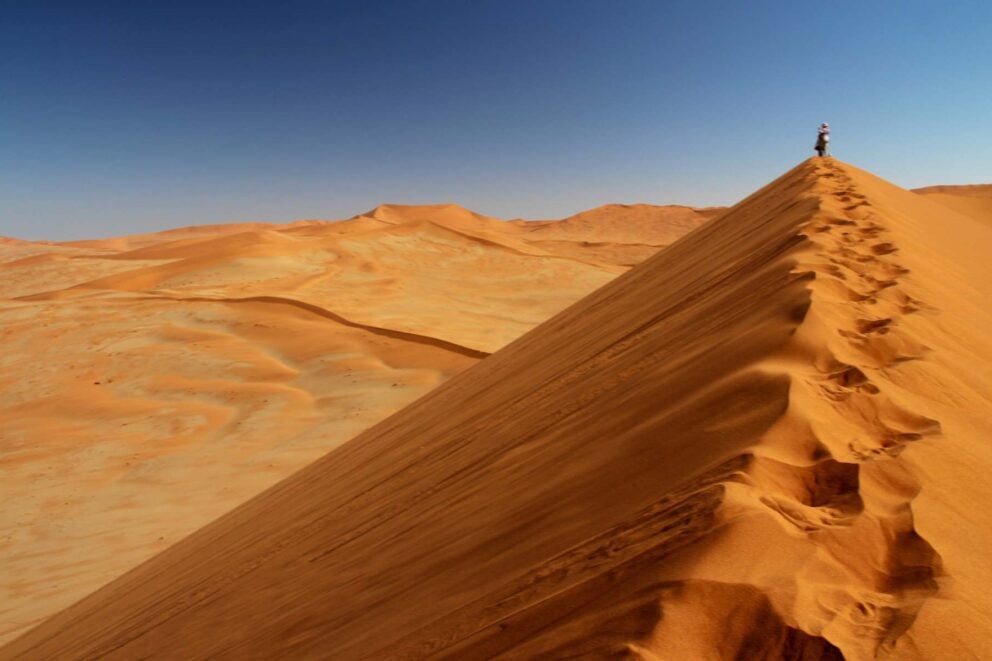
Namibia also has a prominent LGBTQ+ community and several advocacy groups, such as Equal Namibia, who have continued to work for the advancement of LGBTQ+ rights in the country. LGBTQ+ advocacy groups in Swakopmund and Windhoek have even organised several Pride marches in the past few years, with the first taking place in 2013.
Namibia’s tourism sector does welcome LGBTQ+ travellers. However, Discover Africa does recommend that couples be discreet and avoid public displays of affection when around locals or outside the boundaries of their lodgings. As a tourist, the experience may vary. It’s essential to remain vigilant and be aware that individuals may still face discrimination or hostility.
At Discover Africa, we are committed to creating personalised safari experiences that respect and celebrate diversity. Whether you’re seeking the thrill of a Big Five safari in Kruger National Park, the serenity of coastal retreats in Mozambique, or the isolation of Namibia’s endless red dunes, our team is here to craft an itinerary and suggest suitable lodgings that align with your travel interests and ensure a memorable journey.











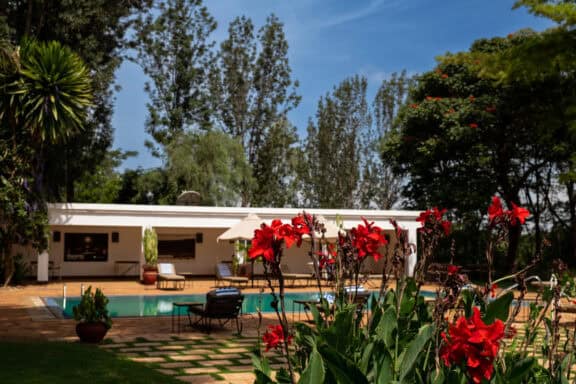

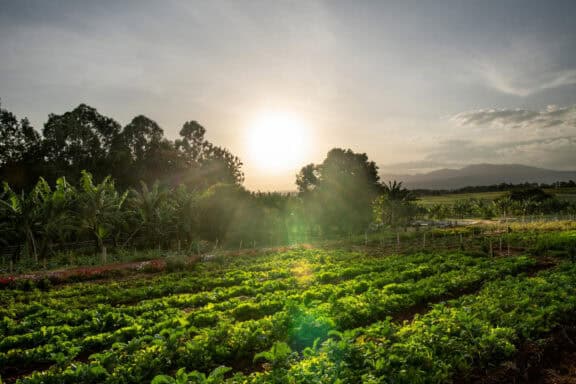

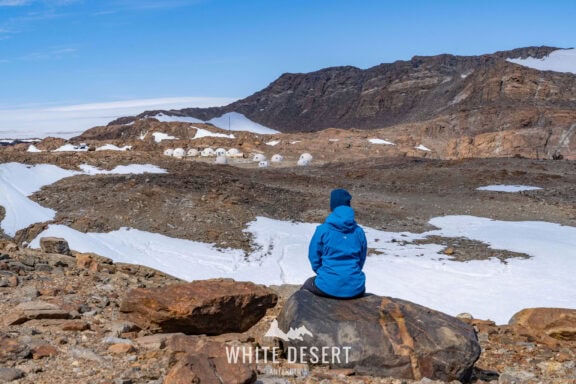
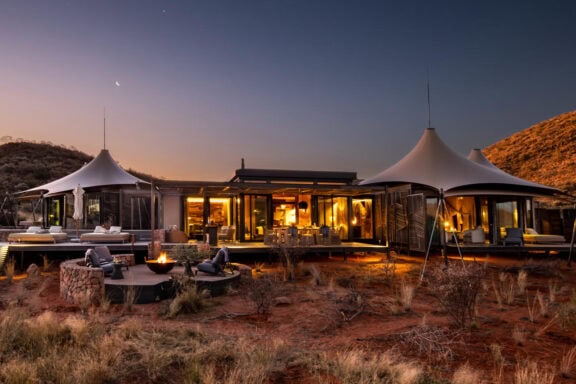
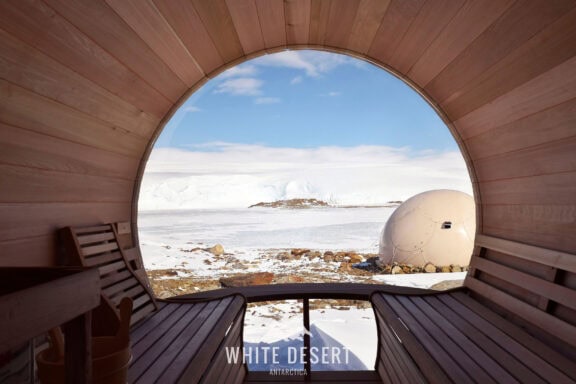
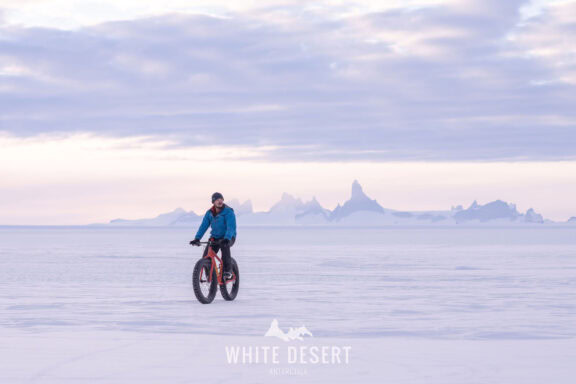
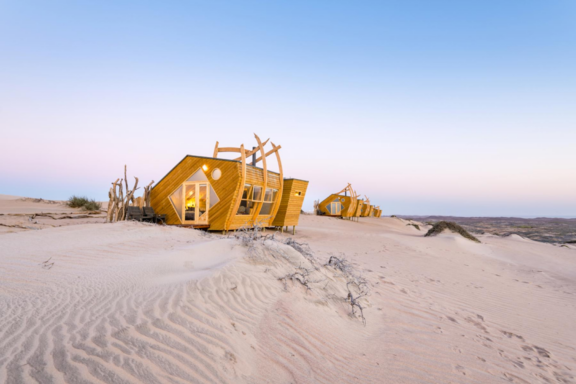
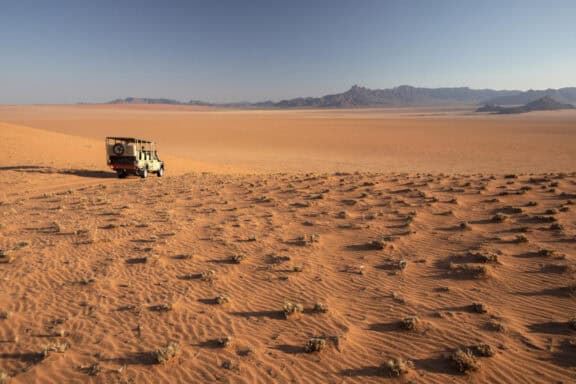
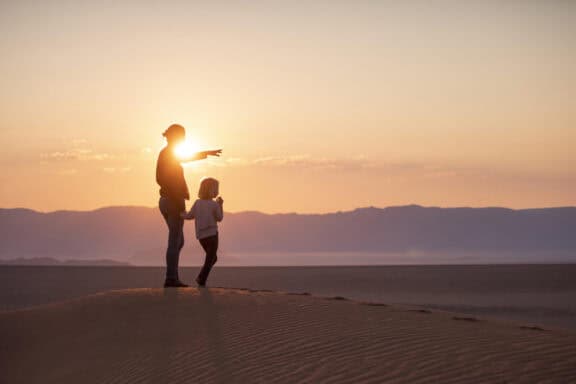
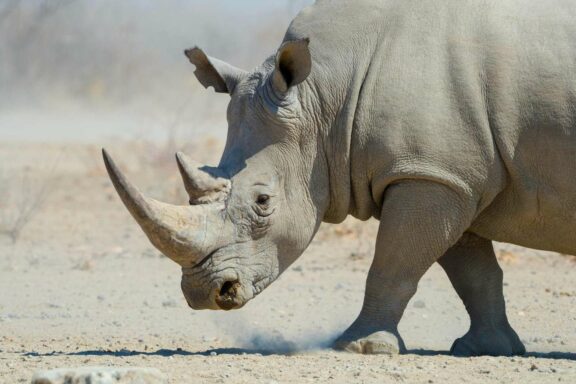
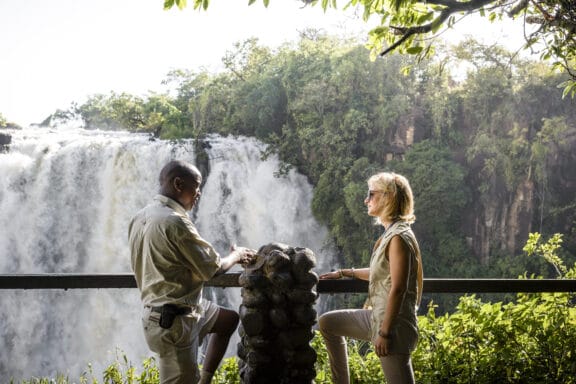
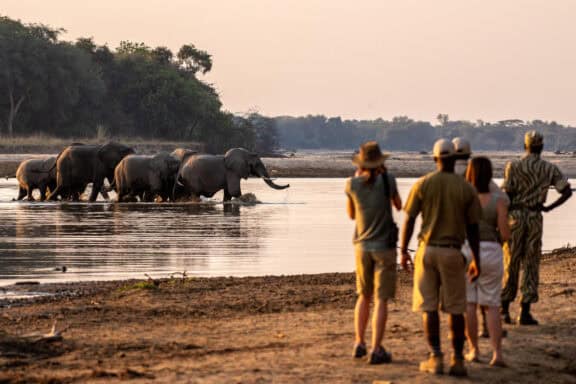

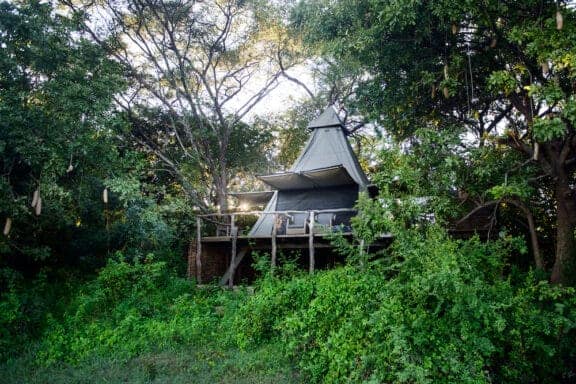
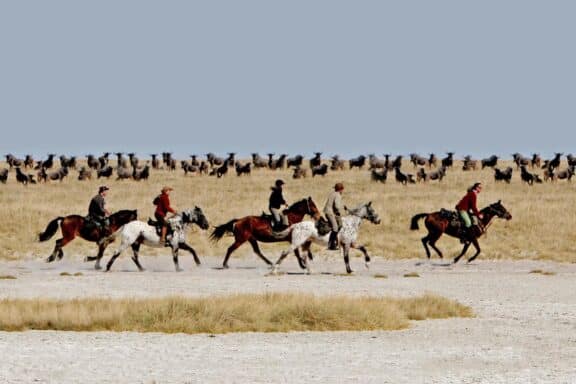
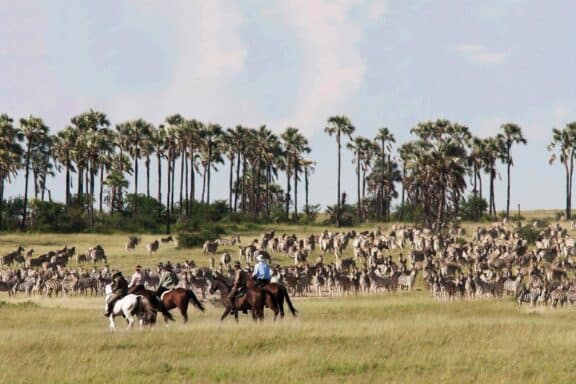
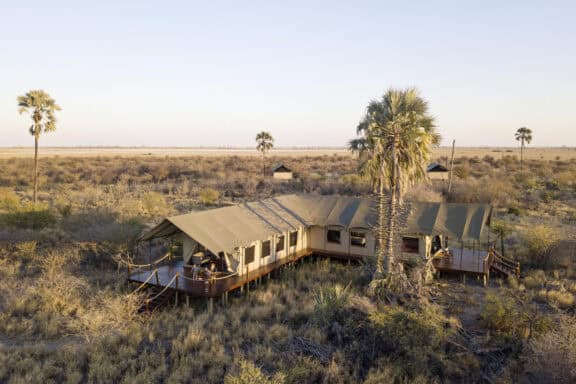
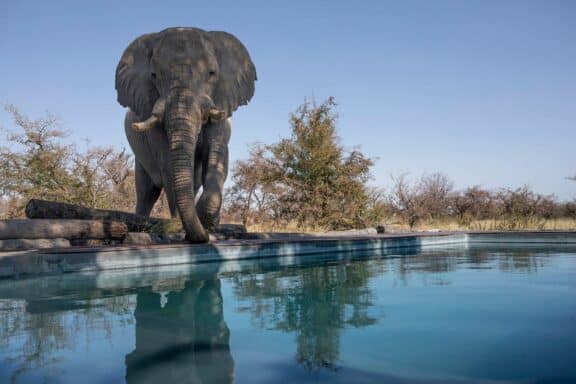
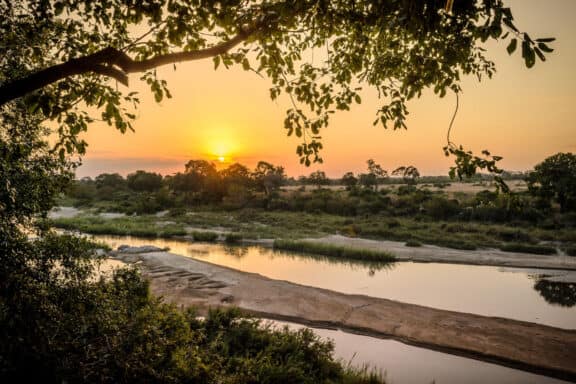
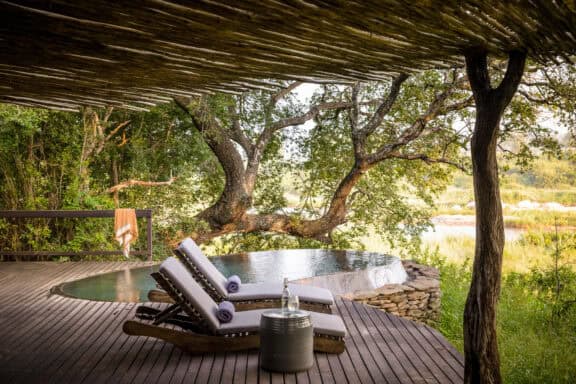
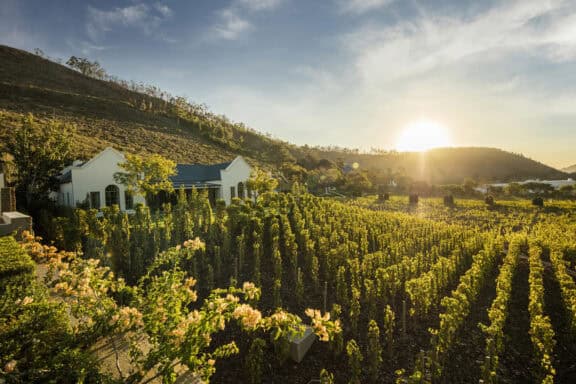
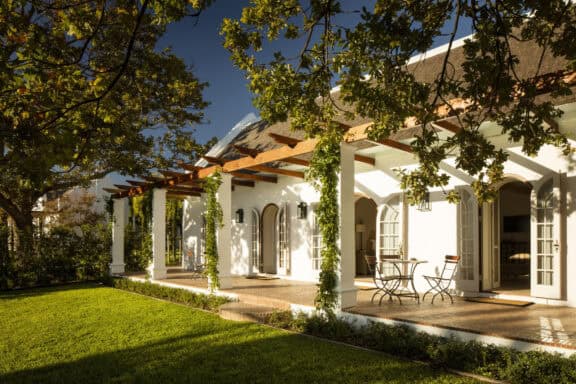

 Blog List
Blog List








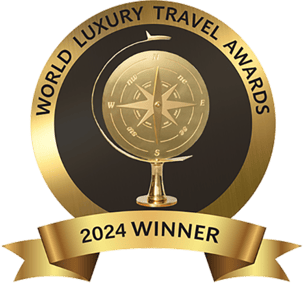

Written by Thaakiera Ackerdien
• Travel Writer
Part of the Big Five Safaris, Honeymoons in Africa & Beach Holidays in Africa Collections